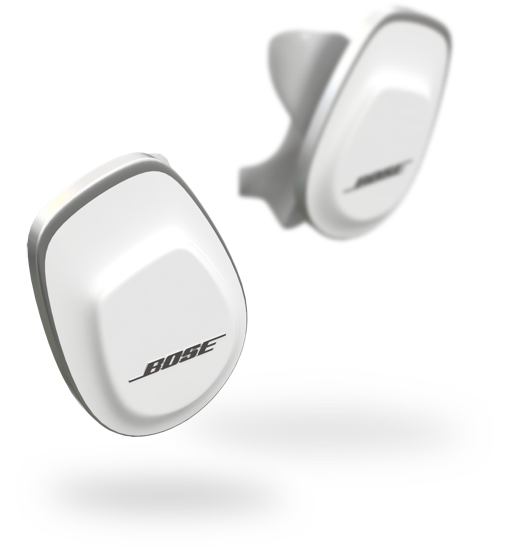Whether due to a devastating design flaw or plain poor luck, the recent and ironic death of Segway Inc.’s owner may pose serious challenges to the company and the future of the revolutionary invention. Owner and British millionaire, Jimi Heselden, accidentally drove a Segway vehicle off a cliff into a river and died, leaving behind potentially destructive news for the Segway itself.
Many people have at least caught sight of these revolutionary invention vehicles in action since they’ve become popular among tourist groups, as well as the policing and security industries. The company began to enjoy widespread public attention shortly after it unveiled the Segway in 2001. Before it was even aware of what the invention was, Harvard Business School Press paid $250,000 for a book deal; and Steve Jobs later claimed that people would design cities based on the vehicle.
With the press on its side, Segway Inc. spent around $100 million to develop the scooter, and law-enforcement departments and the U.S. Postal Service immediately began testing it. Approximately 10 years later, more than 500 organizations are now using Segways and 60 per cent of the company’s sales are from consumers.
But its trip to success hasn’t been completely smooth and free of hazards. The initial hype and demand was later marred by recalls and safety concerns. Early on in 2003, Segway Inc. recalled all 6,000 of its vehicles after it was discovered that operators risked falling off when the batteries ran out. Then in 2006, the company recalled 23,500 scooters because they had the tendency to suddenly reverse, which caused many riders to fall off. Furthermore, many companies who utilize the simplistic vehicles have resorted to obliging riders to wear safety gear, like vests and helmets, and complete a training course to ensure safety.
Yet, the recalls and precautions amount to very little discredit to the product’s safety when compared to the recent “death-by-Segway” of the company’s owner. Of course, the death may not have been caused by the scooter’s design, but its outlier status in the sum of the product’s potentially “unsafe” track record may obstruct it from catching on in the wider consumer market.
There are serious safety and business lessons to learn from the Segway’s example. A seemingly revolutionary invention needs to be developed, marketed and driven cautiously.
About: MAKO Design + Invent is the original firm providing world-class consumer product development services tailored to startups, small manufacturers, and inventors. Simply put, we are the leading one-stop-shop for developing your physical product from idea to store shelves, all in a high-quality, cost-effective, and timely manner. We operate as one powerhouse 30-person product design team spread across 4 offices to serve you (Austin, Miami, San Francisco, & Toronto*). We have full-stack in-house industrial design, mechanical engineering, electrical engineering, patent referral, prototyping, and manufacturing services. To assist our startup and inventor clients, in addition to above, we help with business strategy, product strategy, marketing, and sales/distribution for all consumer product categories. Also, our founder Kevin Mako hosts The Product Startup Podcast, the industry's leading hardware podcast. Check it out for tips, interviews, and best practices for hardware startups, inventors, and product developers. Click HERE to learn more about MAKO Design + Invent! *NOTE: Engineering services are provided exclusively by our USA-based engineering team







